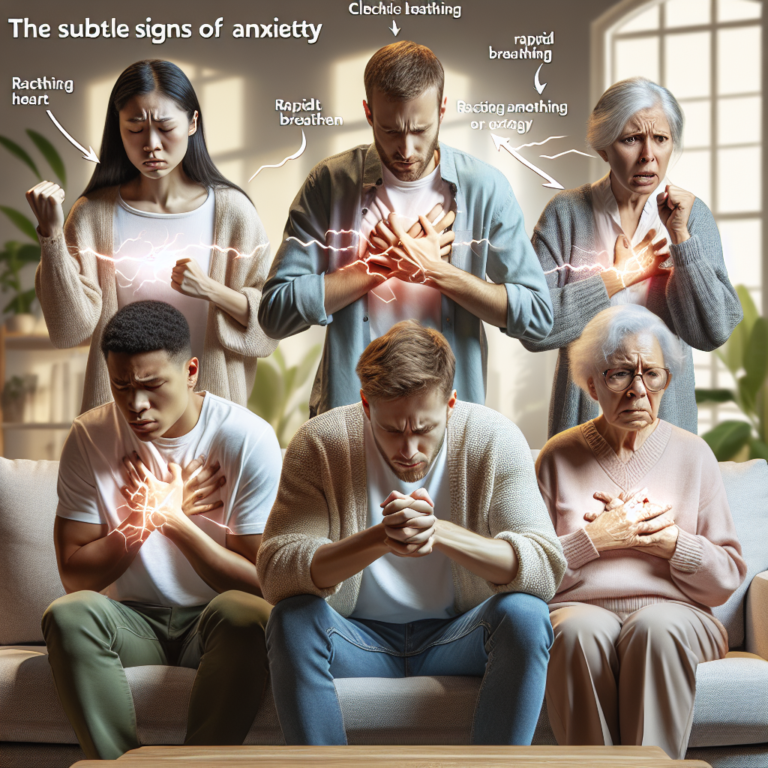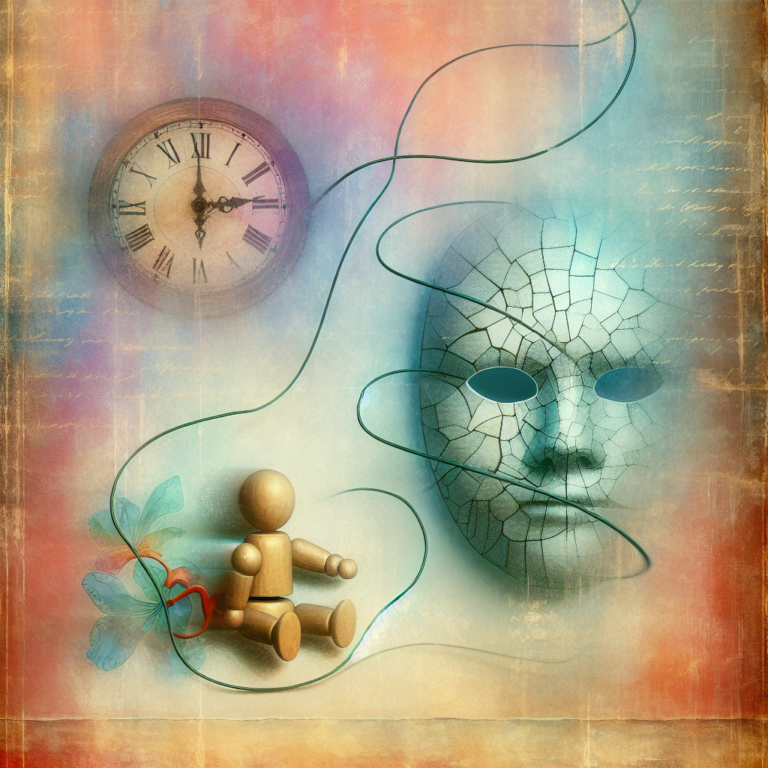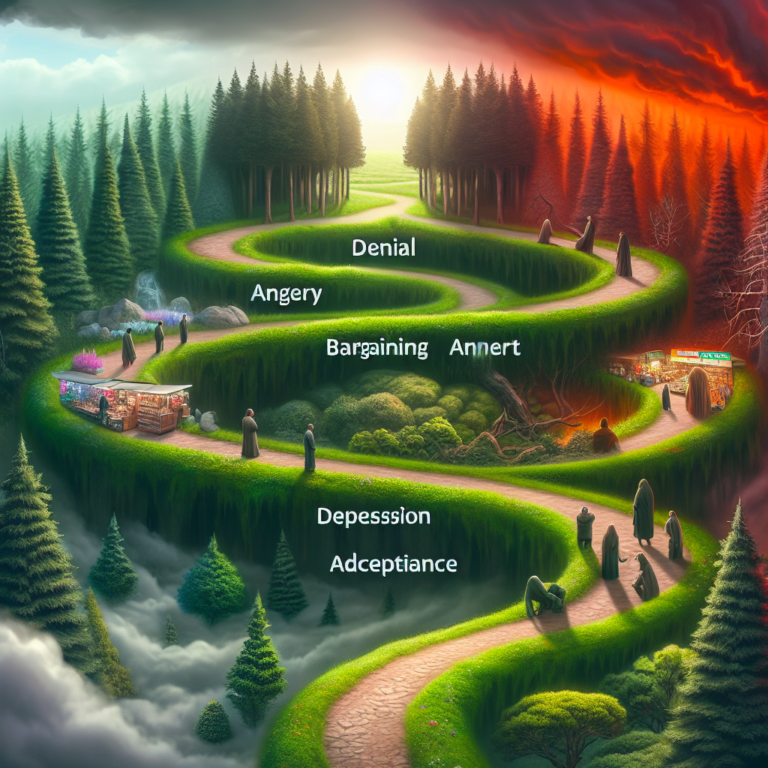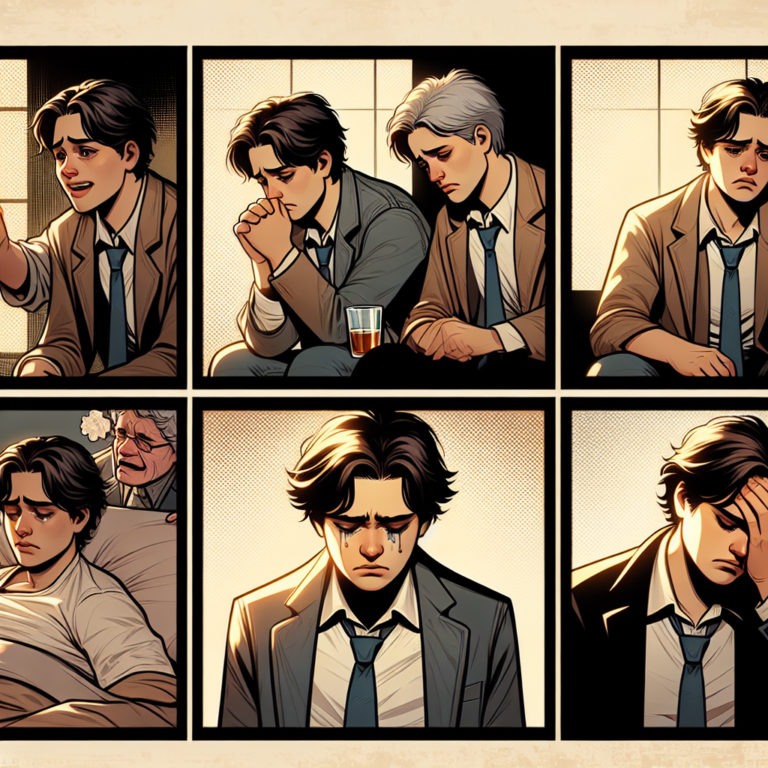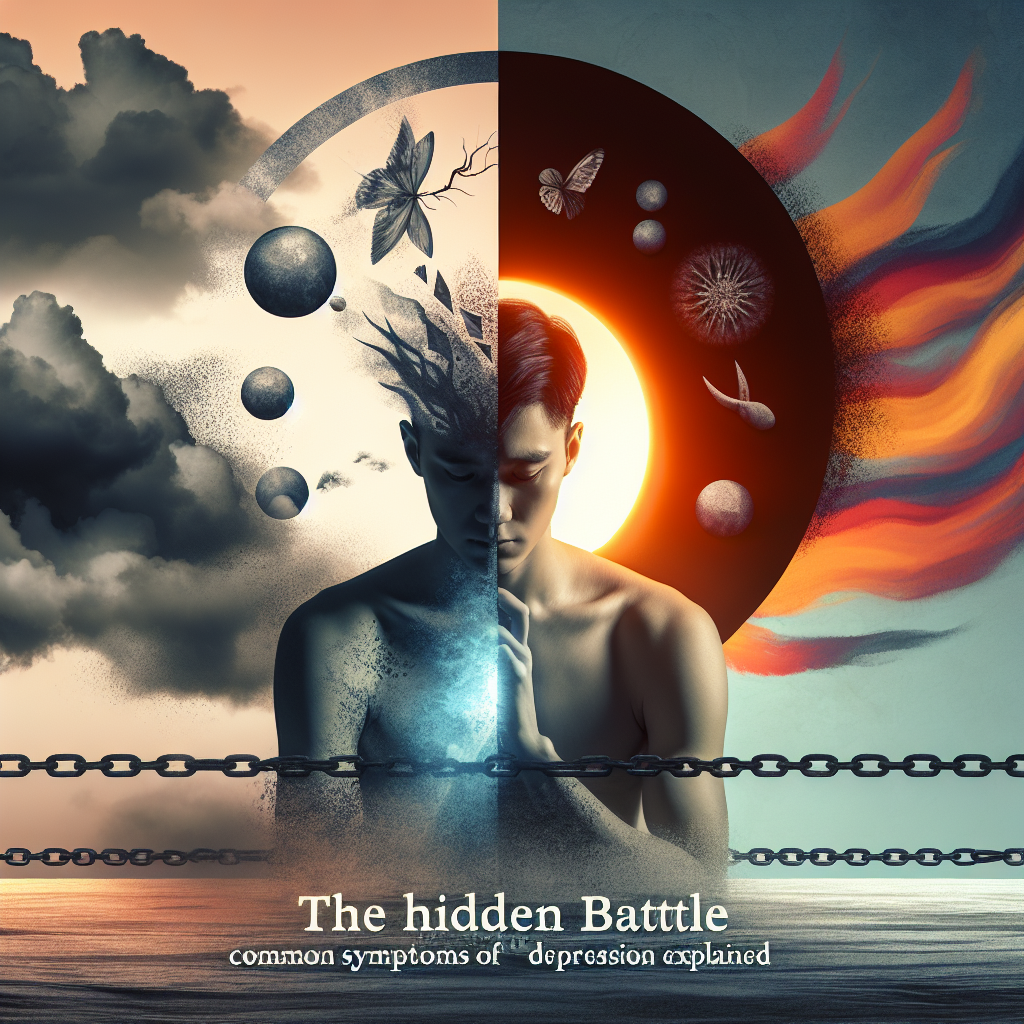
The Hidden Battle: Common Symptoms of Depression Explained—An Essential Guide to Understanding
Introduction
Depression is often described as a "hidden battle," one that many fight in silence. It’s not just the persistent sadness or an overwhelming sense of emptiness that characterizes this complex mental health condition; it’s a myriad of subtle symptoms that can easily be overlooked or misattributed to other life stresses. Understanding these symptoms is essential—not only for those who suffer from depression themselves, but also for family, friends, and colleagues who want to provide support.
Far too many people struggle with depression without ever recognizing it for what it is. In this article, we will delve deep into The Hidden Battle: Common Symptoms of Depression Explained. Through case studies, engaging insights, and practical tips, you’ll gain a comprehensive understanding of how depression manifests and learn to identify its complexities.
Understanding Depression: More Than Just Sadness
Depression isn’t merely feeling sad or having an “off” day; it’s a serious mental health issue that can affect every aspect of a person’s life. It can impair personal relationships, career performance, and overall quality of life. The emotional pain can feel isolating, creating a cycle that’s hard to escape.
The Prevalence of Depression
According to the World Health Organization (WHO), over 264 million people globally suffer from depression. This staggering figure underscores the urgency of educating ourselves about The Hidden Battle: Common Symptoms of Depression Explained.
Common Symptoms of Depression
Emotional Symptoms
Persistent Sadness or Low Mood
- Individuals often experience an extended period of overwhelming sadness that doesn’t seem to improve.
Feelings of Hopelessness
- Those battling depression may feel trapped in their circumstances, lacking any sense of hope for the future.
- Irritability
- Increased frustration and irritability are often overlooked emotional symptoms that can disrupt relationships.
Physical Symptoms
Fatigue
- Extreme fatigue that doesn’t improve with rest is a telltale sign.
Changes in Appetite
- This can manifest as either overeating or loss of appetite, leading to weight changes.
- Sleep Disturbances
- Whether it’s insomnia or oversleeping, sleep issues are common symptoms of depression.
Cognitive Symptoms
Difficulty Concentrating
- Many experience problems with focus or memory, making everyday tasks challenging.
Feelings of Worthlessness or Guilt
- Individuals may often feel an exaggerated sense of guilt or a lack of self-worth.
- Suicidal Thoughts
- For some, depression can escalate to thoughts of self-harm or suicide, necessitating immediate intervention.
Case Study 1: Maria’s Journey
Maria, a 32-year-old elementary school teacher, seemed to have everything together—stable job, loving partner, and good friends. Yet, she struggled silently with feelings of hopelessness and fatigue.
Analysis
Maria frequently exhibited physical symptoms like fatigue and sleep disturbances, which her friends attributed to her busy teaching schedule. It wasn’t until she sought professional help that she realized the depth of her symptoms, illustrating the importance of being aware of The Hidden Battle: Common Symptoms of Depression Explained.
Recognizing Symptoms in Daily Life
Understanding the nuances of depression can empower people to seek help or support each other effectively. It’s essential to make the unspoken visible.
Emotional Awareness
Engaging in regular emotional check-ins with yourself or loved ones can help identify shifts in mood or behavior that are out of the ordinary.
Utilize Journaling
Keeping a mental health journal can also be beneficial. Writing down your feelings can help clarify emotional states and make it easier to articulate these to a therapist or doctor.
The Role of Support Systems
Family and friends play a crucial role in recognizing the signs. Providing a safe space for discussion can help individuals articulate their feelings.
Practical Tips for Friends and Family
- Listen Actively: Phrases like "I’m here for you" can provide comfort.
- Encourage Professional Help: Sometimes, friends can gently suggest that someone seek counseling or therapy.
Integrating Lifestyle Changes for Improved Mental Health
While professional treatment is important, lifestyle changes can also promote better mental health and can be used as complementary strategies.
Physical Activity
Regular exercise, even if just a daily walk, can dramatically elevate mood and reduce symptoms.
Healthy Nutrition
A balanced diet can influence mental health as much as physical health. Nutrient-dense foods can offer necessary fuel.
Mindfulness Techniques
Practices such as meditation or yoga can help alleviate stress and combat negative emotions.
Conclusion
Understanding The Hidden Battle: Common Symptoms of Depression Explained is not just for those who may be suffering themselves but also for loved ones who wish to offer support. By focusing on emotional, physical, and cognitive symptoms, we can recognize the signs of depression more easily.
It’s crucial to foster open dialogues about mental health, challenge stigmas, and advocate for treatment options. Ultimately, even the smallest steps—reaching out, beginning therapy, or incorporating exercise into routines—can lead to substantial healing. Overcoming depression is possible, but it starts with awareness and action.
FAQs
Q1: What are the most common symptoms of depression?
- The most common symptoms include persistent sadness, feelings of hopelessness, irritability, fatigue, changes in appetite, sleep disturbances, and difficulty concentrating.
Q2: How is depression different from just feeling sad?
- Depression is a prolonged emotional state that significantly impacts daily functioning, while sadness can be a normal response to life events.
Q3: What should I do if I suspect a friend has depression?
- Approach them with compassion, listen actively, and encourage them to seek professional help.
Q4: Can lifestyle changes help alleviate depression?
- Yes, regular exercise, a balanced diet, and mindfulness practices can contribute positively to mental health.
Q5: When should I seek professional help for depression?
- If symptoms persist for more than two weeks or if you experience thoughts of self-harm, it’s crucial to seek immediate professional help.
Final Thoughts
No one should have to fight the hidden battle of depression alone. By equipping ourselves with the right knowledge and tools, we can create a more supportive environment, shedding light on the often-overlooked symptoms. Let’s strive for an inclusive society where mental health is prioritized and openly discussed.
This structure ensures an engaging, informative, and easy-to-read format while naturally incorporating the focus keyword throughout to enhance SEO.





